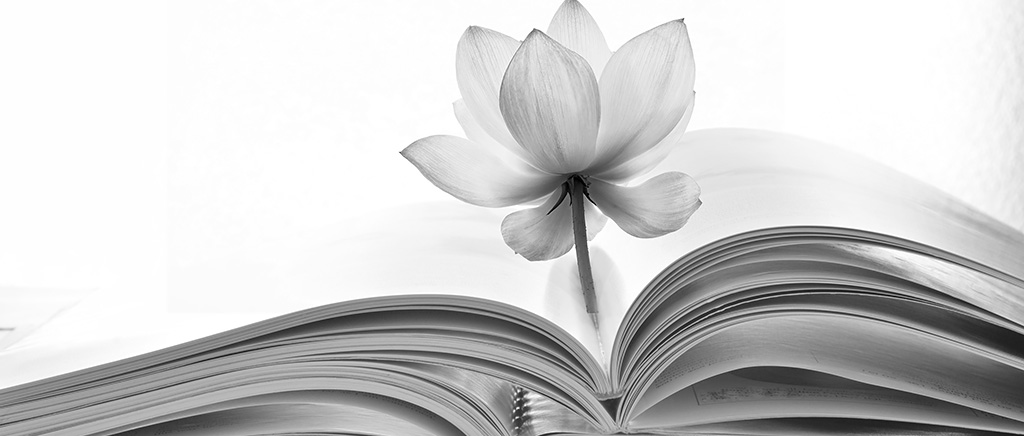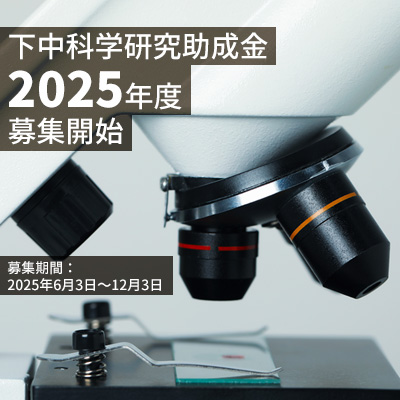2023.04.12
The Masayasu Ueno Memorial Program Supporting Indian Students in Japan to “Explore Japan, Experience Japan”
“Explore Japan, Experience Japan”

Application deadline: the 21th of June (Wed.), 2023.
Project Overview
The Masayasu Ueno Memorial Program was established to help Indian students in Japan to appreciate many cultural, community, scientific and technological, and nature-related aspects and customs of Japan. Examples of such activities would include (but are not limited to) the following: travelling to the countryside to interact with local people; watching indigenous wild birds; visiting museums, temples, shrines or traditional Japanese gardens; enjoying Kabuki or Noh performances; visiting research institutes; and taking tea ceremony lessons. Other activities aimed at deepening students’ understanding of Japan based on their interests are also welcome.
Students with excellent ideas and plans will be funded for their activities and are requested to submit their implementation/ research reports on their activities in English, but with abstracts in Japanese. Reports that are deemed to be excellent will be awarded prizes and published on the website of the Foundation and in an annual report.
The sum offered
Expenses for each activity will be supported by the Foundation up to a maximum of 150,000 Yen.
Who is eligible?
Applicants must be Indian nationals studying at Japanese universities or colleges (they can be undergraduates or postgraduates), who possess a good understanding of the Japanese language. It is required that they should be enrolled at Japanese universities or colleges until at least the end of March 2024. Previous recipients of funding from this program are also eligible to apply.
How to apply
Both the application and the proposal forms can be downloaded from the homepage of the Foundation (URL: https://www.shimonaka.or.jp) or can, upon request, be sent by post.
[ To the application form ] [ To the proposal form ]
(1) Application Form
A budget plan: on the application form there is a box for the budget plan for the activity to be inserted. Anticipated expenses should be itemized and listed. The total budget should be less than 150,000 Yen.
(2) Proposal Form
A proposal of the activities: the details of the intended activity should be written either a) in English, totaling approximately 1000 words, and with a Japanese abstract of 300 ~ 500 letters , or b) in Japanese, totaling approximately 2000 letters.
(3) A certificate of student status issued by the institution of higher education to which the students is affiliated (photocopies of the certificate will not be accepted; please obtain the official certificate in advance so as to meet the deadline).
The application form with items (1) and (2) above should be sent by e-mail to the Foundation before 17:00 on June 21th, 2023; the Certificate of Student Status (3) should be sent by post to reach the Foundation no later than June 21th.
Selection Procedure
(1) Up to five candidates will be selected based on the applications received. Applicants will be informed of the result by the end of June 2023. Successful candidates will be interviewed in Tokyo on the 23th of July (Sun), The interview will be conducted mainly in Japanese. Travel expenses (including domestic air tickets and accommodation) for the interview will be provided by the Foundation.
(2) The Foundation will select the best (not more than 3) recipients and pay the necessary expenses based on their budget plan into their bank accounts.
The Implementation of Plans and Final Reports
The recipients should carry out the planned activities and submit the implementation / research reports along with their financial reports to the Foundation by the 15th of February 2024. The final reports should be prepared in two formats: one for the website of the Foundation (in English and totaling 2000 ~ 3000 words), and one for the Annual Report of the Foundation (in Japanese totaling 3000 ~ 5000 letters). Figures, tables and photographs, and their labels / legends, are not included in the word / letter counts. If these reports are not submitted by the deadline (without any legitimate reason for not doing so having been given), the Foundation has the right to ask the recipient to reimburse the scholarship.
Award
The Foundation will select the best reports, and prizes with honorary certificates will be awarded.
The Shimonaka Memorial Foundation:
Website: https://www.shimonaka.or.jp
E-mail: info@shimonaka.or.jp
Address:
The Shimonaka Memorial Foundation
Hatsumeigakkai buil. #502, Yochoumachi 7-1, Shinjuku-ku,
Tokyo 162-0055
The Shimonaka Memorial Foundation was established in 1962 in memory of Yasaburo Shimonaka who was an educator, a publisher and a WorldFederalist. He admired Mahatma Gandhi and deepened friendships with many international figures including Prime Minister Jawaharlal Nehru and Judge Radha Binod Pal of India. The activities of the Foundation include: providing grants-in-aid for research conducted by teachers in secondary education, a project that compiles visual information for encyclopedia, and the maintenance of the Pal-Shimonaka Memorial Hall in Hakone.
The Foundation started supporting Japanese language education in secondary schools in India in 2009 both through the donation of Japanese books to school libraries and the conducting of a visiting tour to Japan for high school students in India.
The late Masayasu Ueno was an engineer whose dream to support gifted young researchers was left unfulfilled due to his premature death from illness. The bereaved family kindly contributed funds to the Indian program of the Foundation in memory of the deceased.













